Inside: How to keep our parenting emotions in check and not blow up when our kids are unkind.
Sitting at my daughter’s soccer practice, there were two little kiddos on the sidelines playing together and one of them had a toy.
They couldn’t have been older than three.
And one boy hit the other one when the toy was taken.
Let’s pause: Hitting is not okay because hitting hurts. But these kids were little. Really, really little. And they’re learning to use their words instead of hitting.
Back to the soccer field.
The dad of the hitter saw the whole thing and started yelling at his son as he stormed towards the boy.
The dad hit his son, lifted his feet off the ground, and forced the boy to lay down on the ground. The dad physically and emotionally towered over this boy.
The dad shoved his finger into his son’s face berating him for being mean (and ironically, yelling): “We don’t hit. That’s mean. No one will be your friend if you hit.”
Then he yanked his son up who was now crying. But he kept berating him about unkindness and being a bully as they stormed off the field.
The irony was completely lost on this full-grown adult.
And another pause: It all happened so fast and the dad was gone with his son before I could get up to say something on behalf of this child’s safety.
But my heart broke for his child as I watched the dad aggressively punish a young child.
Because in this moment, this dad completely missed the mark. By a mile.
Parenting is hard and there’s often no clear right and wrong when we’re in a tricky moment.
But in this moment, there is a definite better, safer, more effective, less punitive, less harmful way to handle it.
And as parents, we have to know how we want to react when our kids are unkind or rude so we can react in a measured, effective way so our kids know we still love them even though we don’t approve of their behavior.
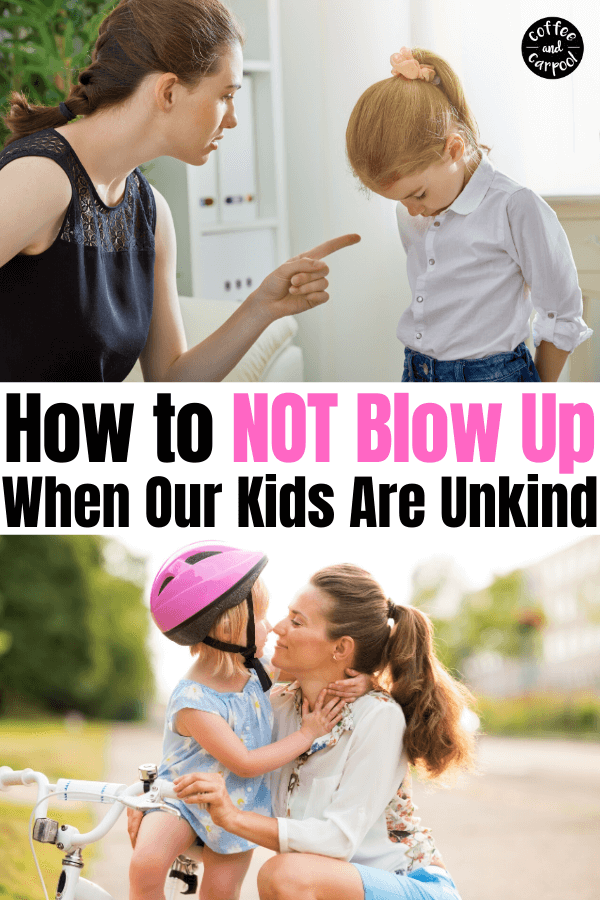
The Kinder Way to Deal When Our Kids Are Unkind
Hitting is never okay.
Hitting hurts.
But kids hit. It’s part of life.
How we deal with our kids’ behaviors and how we walk them through it though, shapes all their future behaviors.
And as parents, we have to choose our response carefully when our kids are unkind.
On the soccer field sideline, the child who hit didn’t learn to not hit.
He didn’t learn a better way to communicate.
He didn’t learn to make amends to his friend who he hurt.
Instead, he learned it’s okay to hit if you’re an adult.
He learned it’s okay to hit if you’re bigger.
And sadly, he learned his dad wasn’t a safe place to make mistakes in front of or to learn from.
When our kids hit (or bite, or any other unkind or aggressive behavior), or are rude, unkind, or mean, as parents we can feel embarrassed or angry or disappointed.
It can be hard to watch our kids show less than desired behaviors and it’s extra hard when we watch our kids hurt others.
But if we come at it with the mindset that all behavior is communication, we can help our kids positively interact with other people in a much more effective way.
When my kids have hit each other or their peers, I first pay attention to the child who was hurt. I make sure they’re okay. I ask what I can do to help them feel better.
I model the correct behavior to my child.
Then I turn my attention to my child.
I get down low, and try to figure out why they hit.
You’re frustrated. You’re mad. You’re irritated.
But we don’t hit because hitting hurts. We keep our hands to ourselves.
And we need to make it better for the person you hurt. How can we make them feel better? Should we offer ice? Are you ready to apologize? Can you offer them a hug?
My child hears a consistent message every time they forget (and they will forget): We don’t hit because hitting hurts.
But more importantly, while I’m helping my kids through this, my kids aren’t scared of me.
They’re not scared of what I’ll do to do them if they forget and hit again.
Related: What is Positive Parenting and How It Can Help You Be a Calmer, Happier Parent
When my kids are unkind, they know there will be consequences and they know they will have to fix their behavior and make amends.
They know I will speak to them about their actions and remind them how they can be mad without being mean.
But my words won’t break my kids’ emotional spirit. I won’t tear them down or tear them apart.
Because the words we say to our kids have immense power.
The Power of Parents and our Words
For better or worse, we become our child’s inner voice.
The things we say to them now will stay with them–often until they’re adults.
My sixty-year-old aunt told me she doesn’t wear lipstick to this day because her loving dad-my amazing grandpa– once made a thoughtless comment when she was 15 about how the color of lipstick she chose looked awful on her.
Even well-meaning parents unintentionally say things that cut tears into our kids’ emotional well-being.
And if our words and one-off comments have the power to keep a confident grown woman from wearing lipstick for five decades, we have to chose what we say to our kids with thought.
Because our words have power.
And if we know that, when we acknowledge we will become our children’s inner voice, why in the world would we fill their heads with comments like “you’re mean” and “you’ll never have friends?”
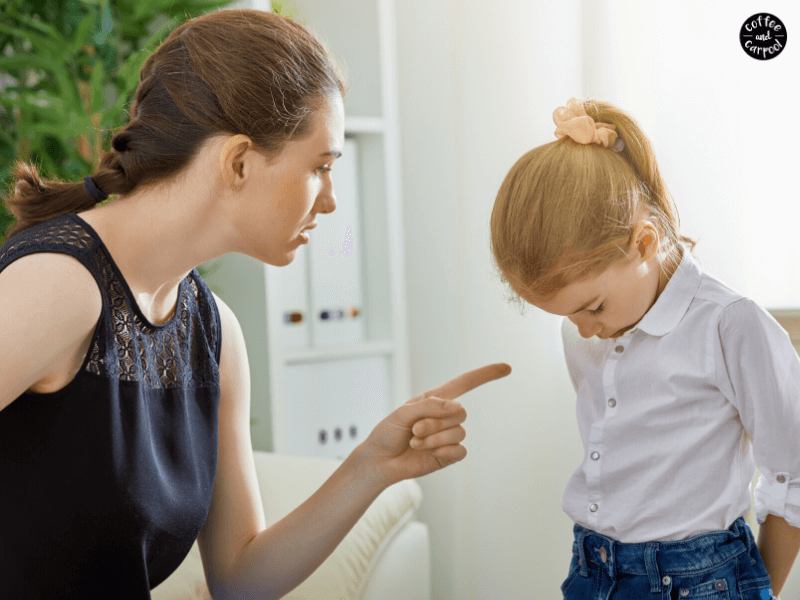
When we could instead fill their inner voice with positive comments: “You’re a kind boy, but you forgot hitting hurts. We keep our hands to ourselves.”
Related: 25 Things Every Parent Has to Know to Raise Kind Kids
And in the moment, when we’re embarrassed or angry or irritated when our kids are unkind–heightened when we’ve already told them too many times to stop doing what they’re doing– it can be hard to stay calm and speak with kindness to our children.
The trick, however, is to keep our emotions in check.
Keeping Our Emotions In Check to Speak with Kindness to Our Kids
Just like it’s easy to be kind when others are kind to us, it’s easy to be kind and loving when our kids are kind and loving.
But what about when they’re not so kind and loving?
Our kids hit.
They get irrationally angry.
They say unkind, hurtful, rude things.
Because they are children.
And they’re learning how to navigate their emotions and interactions and reactions.
But as adults, we already know not to hit and how to use words to communicate.
So it’s our job to show our kids how to do this.
We have to model this behavior even when it’s hard and we’re mad.
Related: How to Model Kindness to our Kids by Being a Kind Adult
Because when we’re walking our child through a tricky moment, we’re the only adult in the relationship.
We have to model appropriate behavior.
We have to show them how to handle it.
And it starts with staying calm ourselves.
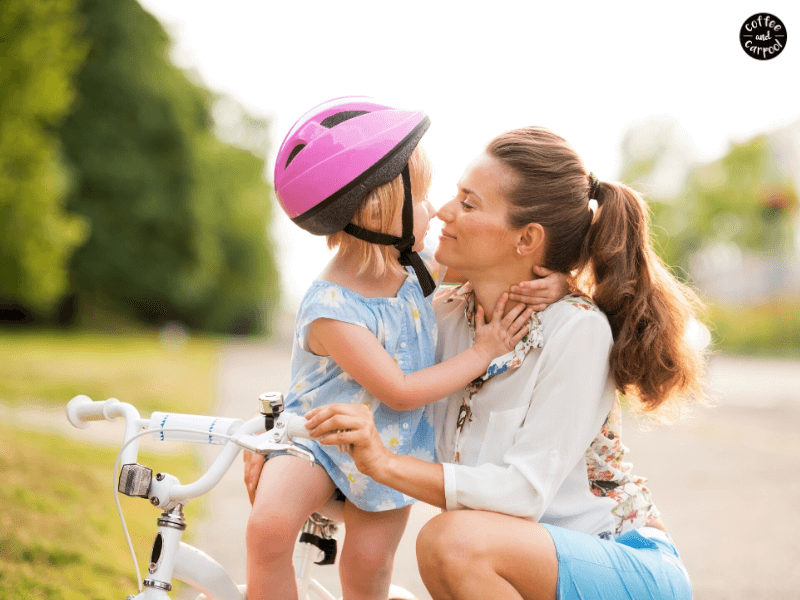
Ways to keep our emotions in check when our kids are unkind:
1. Challenge Yourself to Be Calm
I often joke when my kids go down the rabbit hole into crazy town, it’s my job to not follow them down the hole.
The crazier our kids get, the calmer we have to stay.
This applies to toddler tantrums, hitting, and tween and teen hormonal tantrums.
I challenge myself, no matter how mad or frustrated I am, to stay calm.
If they yell, I whisper. When they hit, I hug.
It’s not easy, and it often tries all my patience, but it can be done.
Related: Try pressing pause if you need to calm yourself before you talk to your child.
2. Use a Magic Phrase when kids are unkind or rude
Whenever my kids are acting in a less than desirable way, talking back, or are being rude, it can easily ruffle my feathers.
Instead of showing my anger, I calmly say: You may not speak to me that way. Try again.
It works like magic.
And it will work for you if you use these steps.
3. Be a sportscaster, not a referee
Instead of choosing sides and deciding who is wronged and who is right when your kids are fighting or bickering, state what you see.
Related: Be a Sportscaster Not a Referee
“He took your toy. That made you feel frustrated. You hit him. But hitting hurts. What can we do now to fix it? What could you do instead of hitting? And we don’t take things that don’t belong to us or if it’s not our turn.”
It takes the emotion out of the conversation and focuses instead on improving behaviors.
And it has the side benefit of increasing your child’s emotional intelligence.
Related: How to Increase your Child’s Emotional Intelligence
4. Speak in the positive and tell them what you do want them to do
There are a ton of things we have to tell our kids not to do. We have to say “no” often.
But to make sure those “no’s” have an impact when we use them, I reserve them for when safety is paramount.
So when the stakes are low, I spin the message to what I want them to do rather than what I don’t want them to do.
Instead of focusing on what I don’t want them to do, I focus on what I do want them to do:
Don’t hit >> Keep your hands to yourself.
Don’t be mean >> Speak kinder words.
Don’t run >> Walk, please.
Don’t leave your shoes in the doorway >> Put your shoes away.
Because if we want our kids to listen to us, to really hear us, we have to make it so they want to hear us.
We need to make sure they’re not so afraid of us so they can’t hear us.
And so in the end, they get the message that kindness is essential.
Because when we speak to our kids with kindness it will, in turn, allow them to spread that kindness to their siblings and to the world around them.
And even to the kid on the soccer field sideline who took their toy.
Remind yourself to stay kind, centered, calm, and authentic with this Daily Authenticity Calendar.

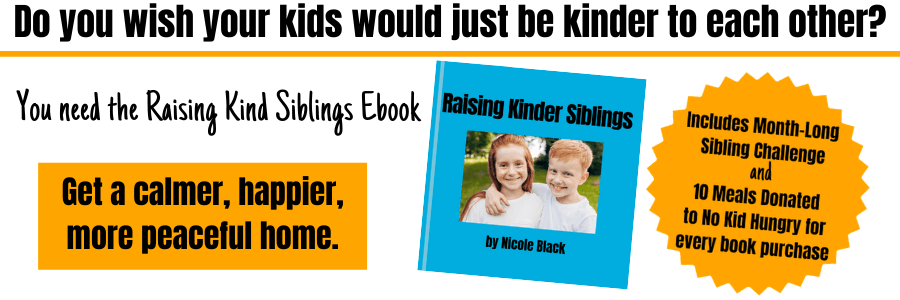
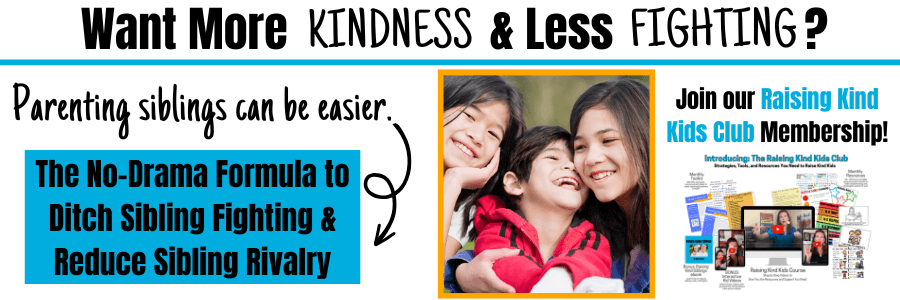
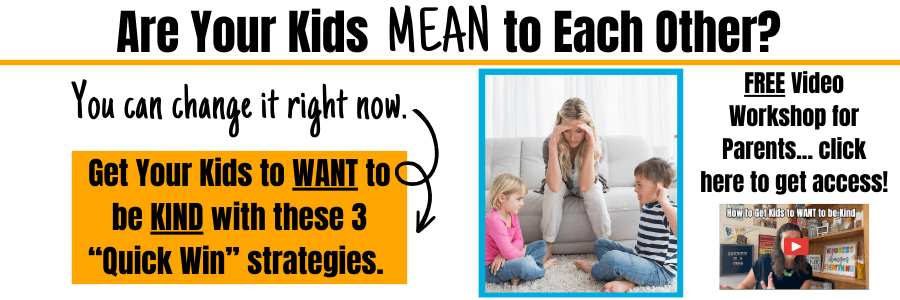
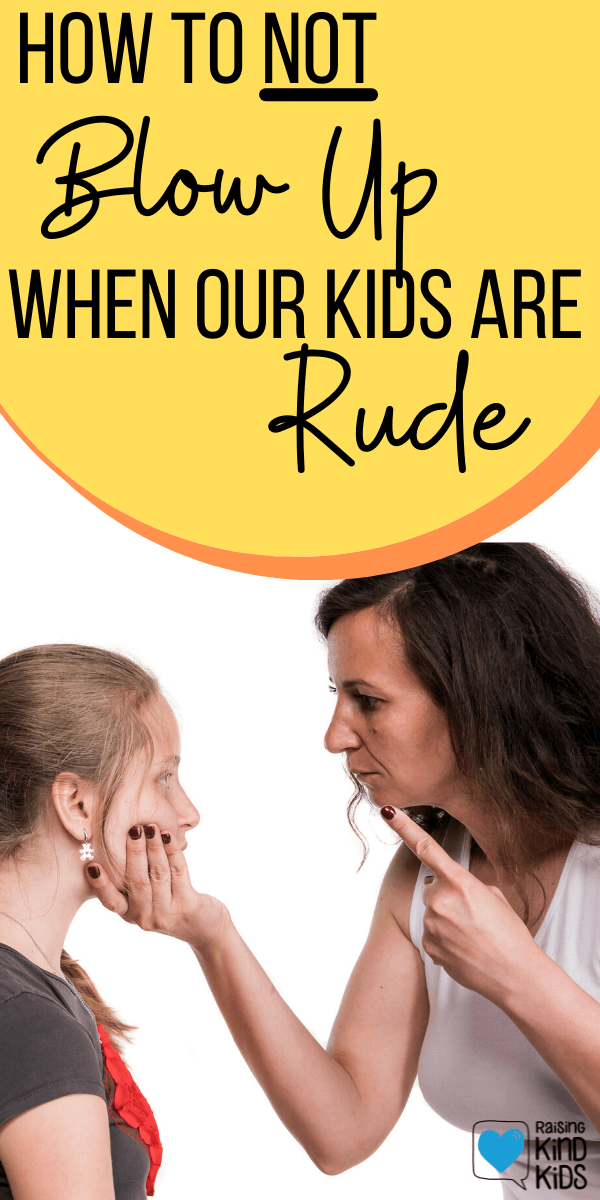
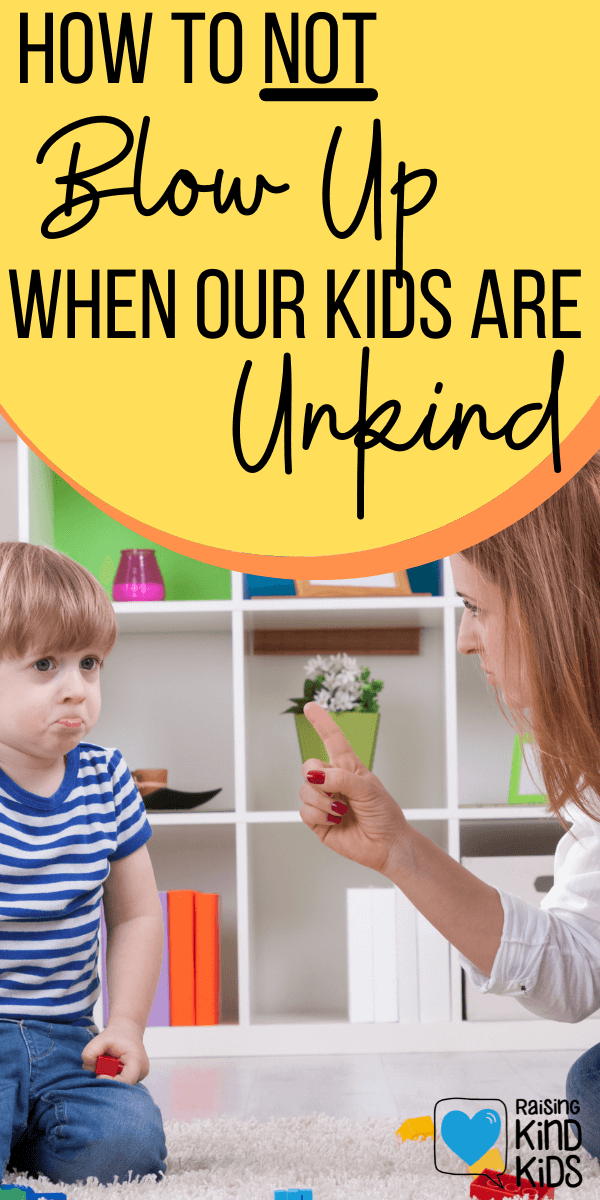
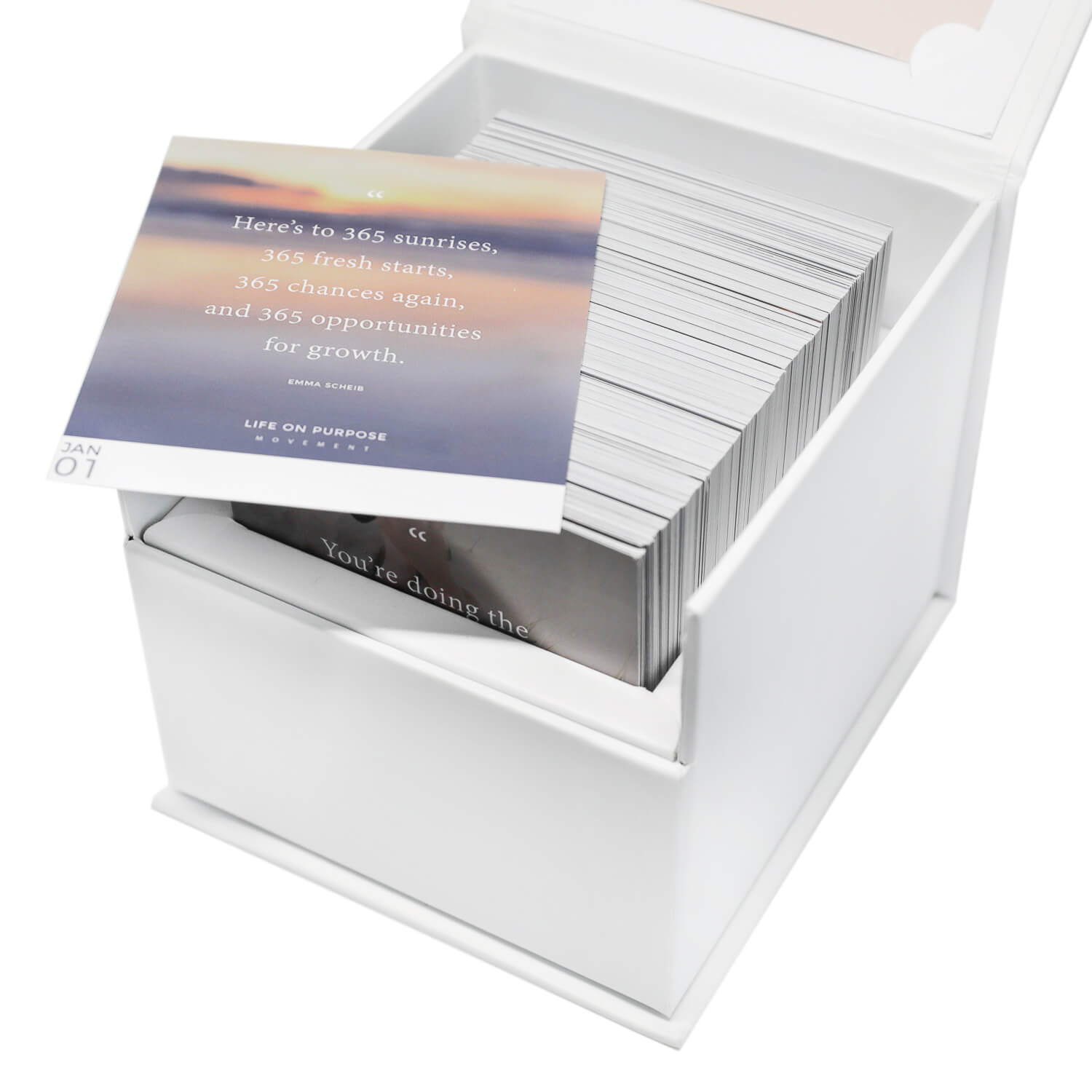
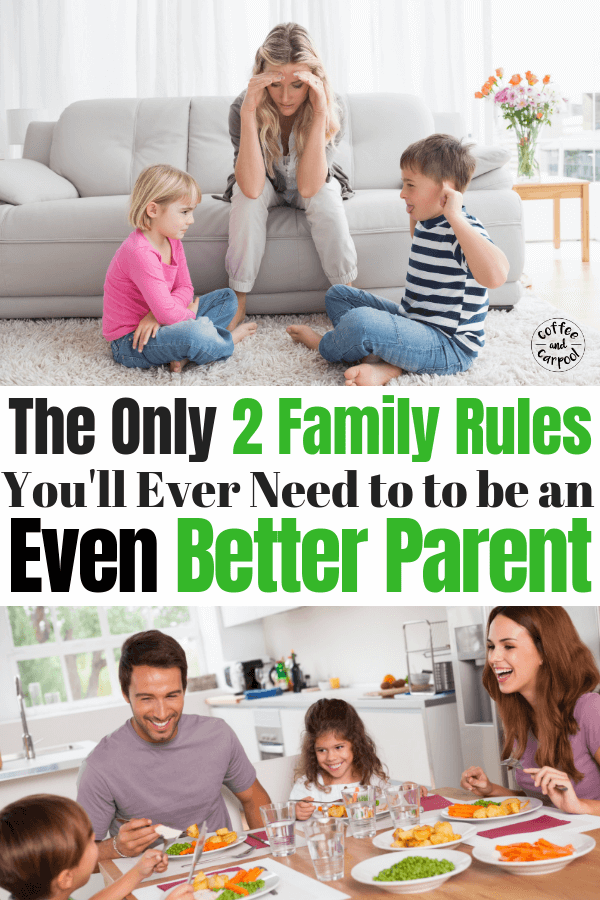
Tiffy says
I love this article! It popped up on my email on a day I really needed it because my patience and kindness was dwindling. What a great reminder and great tips for being a parent and not a child in situations where you children test your abilities to stay calm. Thank you for the guidance!
Nicole Black says
We all need this reminder…me included! So glad it helped! p.s. you’re doing great.